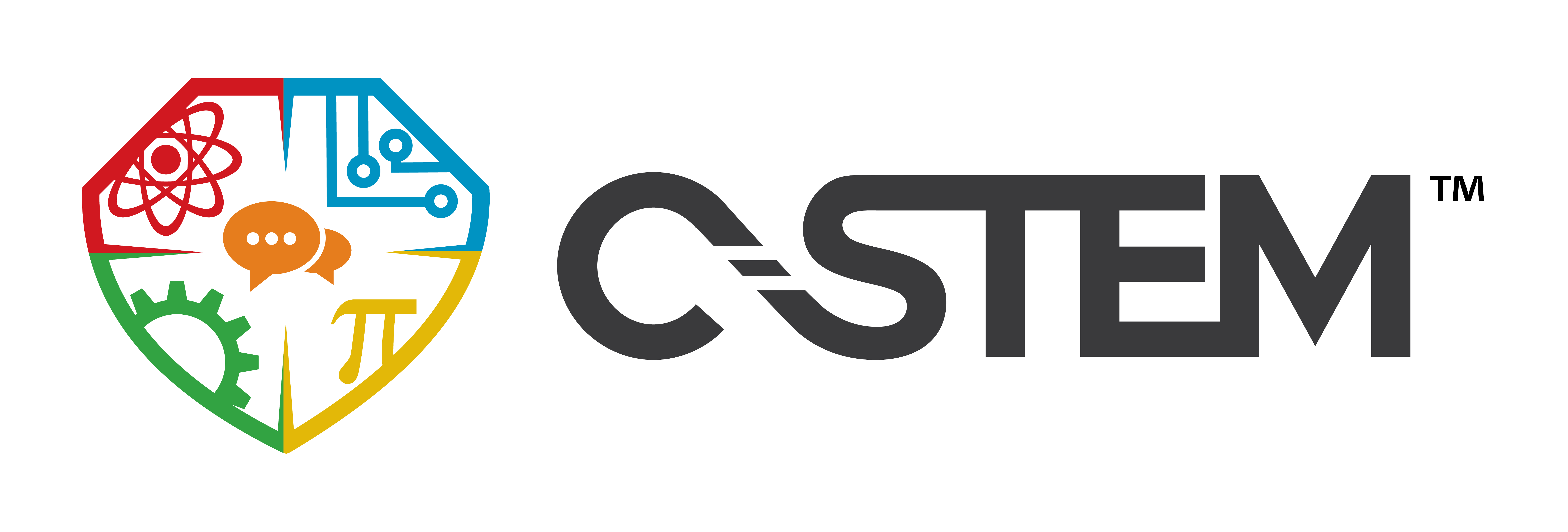Opening New Doors: Nonprofit, Tuition-Free STEM Programs
In my journey to expand STEM opportunities for underrepresented and impoverished students, we’ve often explored alternatives to the traditional college route—options like training programs, community colleges, or trade schools. An exciting new path is emerging: nonprofit, tuition-free STEM programs designed specifically for those who need them most.
These innovative programs are a lifeline for students who may need more resources to attend college, choose not to pursue a degree, or doubt their ability to succeed in a traditional STEM program. By offering free, short-term training and critical job placement support, these nonprofits are opening doors that many thought were closed.
Spotlight on Success: The Marcy Lab School and Hack the Hood
One shining example is the Marcy Lab School in Brooklyn, New York. This nonprofit, tuition-free program is dedicated to helping students from historically underrepresented communities secure high-paying jobs in the tech industry. Across the country, Hack the Hood in Oakland, California, is making similar strides. In partnership with Laney College, their 12-week data science training program offers students a certificate of achievement in data science, equipping them with valuable skills that directly translate to job opportunities.
Breaking Down Barriers: The Power of College Alternatives
Why do these programs matter? The statistics tell a stark story. According to the National Center for Science and Engineering Statistics, Black and Latino students earn science and engineering bachelor’s degrees at disproportionately low rates. They are also underrepresented in the STEM workforce, and even when they do enter the field, they often earn lower salaries than their white and Asian peers.
Achieving true representation in STEM requires starting early and providing quality STEM opportunities to all students from Pre-K onwards. As students approach the end of high school, they focus on ensuring they have the academic and financial support needed to take the next step. However, the rising costs of a two-year or four-year STEM degree can be a daunting barrier. Even with scholarships, financial aid, or part-time work, many students find the financial burden too great to bear.
Creating New Outcomes: The Impact of Nonprofit STEM Programs
This is where nonprofit STEM programs can change lives. By offering the training needed to compete for well-paying STEM jobs, these programs provide a pathway to economic and social mobility. The value of these initiatives lies in their ability to propel students just one step further than they could have gone without this support.
A critical component of these programs is their partnerships with tech companies and other industries to secure job placement opportunities. At the Marcy Lab School, for example, graduates are not only connected with software engineering roles but are considered for positions that would traditionally require a bachelor’s degree. Since its inception in 2019, the school has seen approximately 200 students complete the program. Of those who graduated, around 90% landed jobs in STEM fields, with an average starting salary of $105,000 per year. Even in challenging job markets, 60% of graduates were employed within six months of completing the program.
The Path Forward: Empowering the Next Generation
Programs like these offer more than just an education—they offer a head start on breaking cycles of poverty and inequity. By forgoing the four-year college route, students gain three extra years to earn money, build savings, and avoid the burden of student loans. This head start is invaluable in leveling the playing field and creating a more equitable future.
While the journey to building a STEM workforce that reflects our diverse society is long, innovative solutions like these nonprofit programs are making a significant difference. They are helping to pave the way toward a STEM industry where everyone has the opportunity to succeed, regardless of their background.
Conclusion: A Call to Support and Advocate
As we look to the future, it’s clear that these nonprofit, tuition-free STEM programs hold tremendous potential. They are not just an alternative to college but a beacon of hope for those who traditional education systems have left behind. By supporting and advocating for these programs, we can help ensure that all students have access to the opportunities they deserve, leading to a more inclusive, innovative, and prosperous society.







